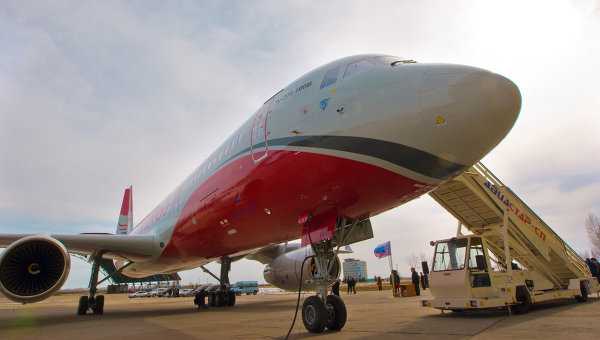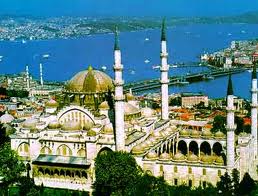Alexei Chernichenko
Jul 29, 2011 15:45 Moscow Time

The United States is urging Turkey not to buy Russian S-300 long-range surface-to-air missile (SAM) systems, threatening to cease cooperation. Washington claims this deal jeopardizes NATO secrets.
Turkey declared a tender to buy S-300 missiles for its national air defense system back in 2005. Director of the Center for strategy and technology analysis Ruslan Pukhov explains their importance for Ankara:
“Until recently, Turkey had almost no air defense facilities of its own. Rearmament issues, including air defense means, are becoming increasingly important in view of this country’s role in the region and its president’s ambitions to make it a regional leader,” Ruslan Pukhov said.
By the way, S-300’s only rival in terms of the tender is the American Patriot PAC-3 surface-to-air missile system. Russian expert Viktor Litovkin has this to say on S-300 characteristics and features:
“S-300 complexes are considered to be the best long range SAMs in the world, destroying not the target missile’s body but its warhead, unlike US Patriots. As for defending targets, one S-300 is comparable to four Patriot PAC-3 missiles. The latter are launched at a particular angle to each of the four sides of the world, whereas the S-300 is fired vertically upward without being preliminary turned towards the target,” Viktor Litovkin explains.
American experts say that interaction between Russian and NATO systems will lead to information leakages. Military analysts polled by the Voice of Russia argue this is far from the truth, given that all systems work autonomously. Military observer Viktor Baranets is sure it’s all about lobbying arms dealers.
“Turkey, being a NATO member state, is living under constant pressure from the United States which decides what it should buy and what it should not. America acted the same way during military exhibitions in Malaysia, as well as in England, France and Germany. The key role has always been played by rivalry between Russia and the US. Now that Russia is not only exporting but also importing weapons, NATO is getting indignant over Washington’s dictating to Italy, France and other countries which arms and hardware models they may sell,” Viktor Baranets says.
Experts point out that Turkey may also dislike US attempts to influence its choice, especially when it comes to national security.
via NATO fears spy missiles: Voice of Russia.





